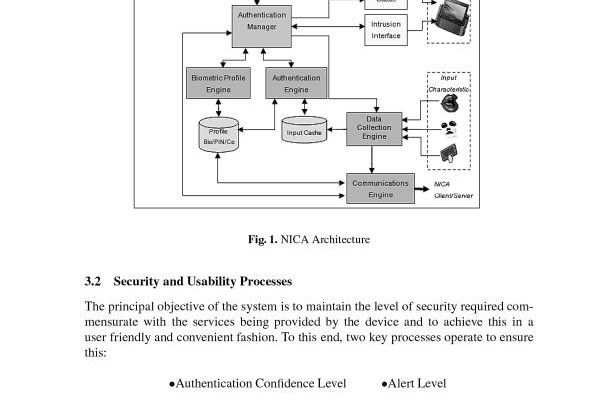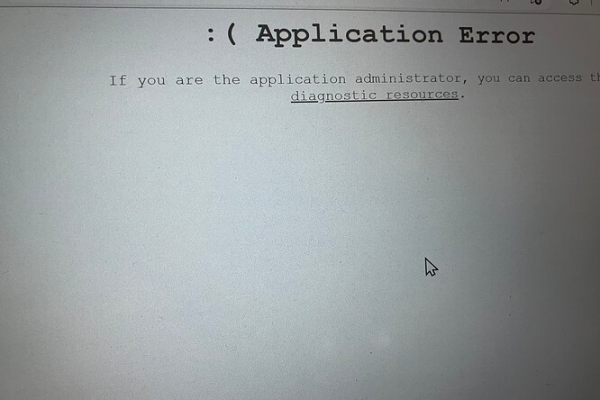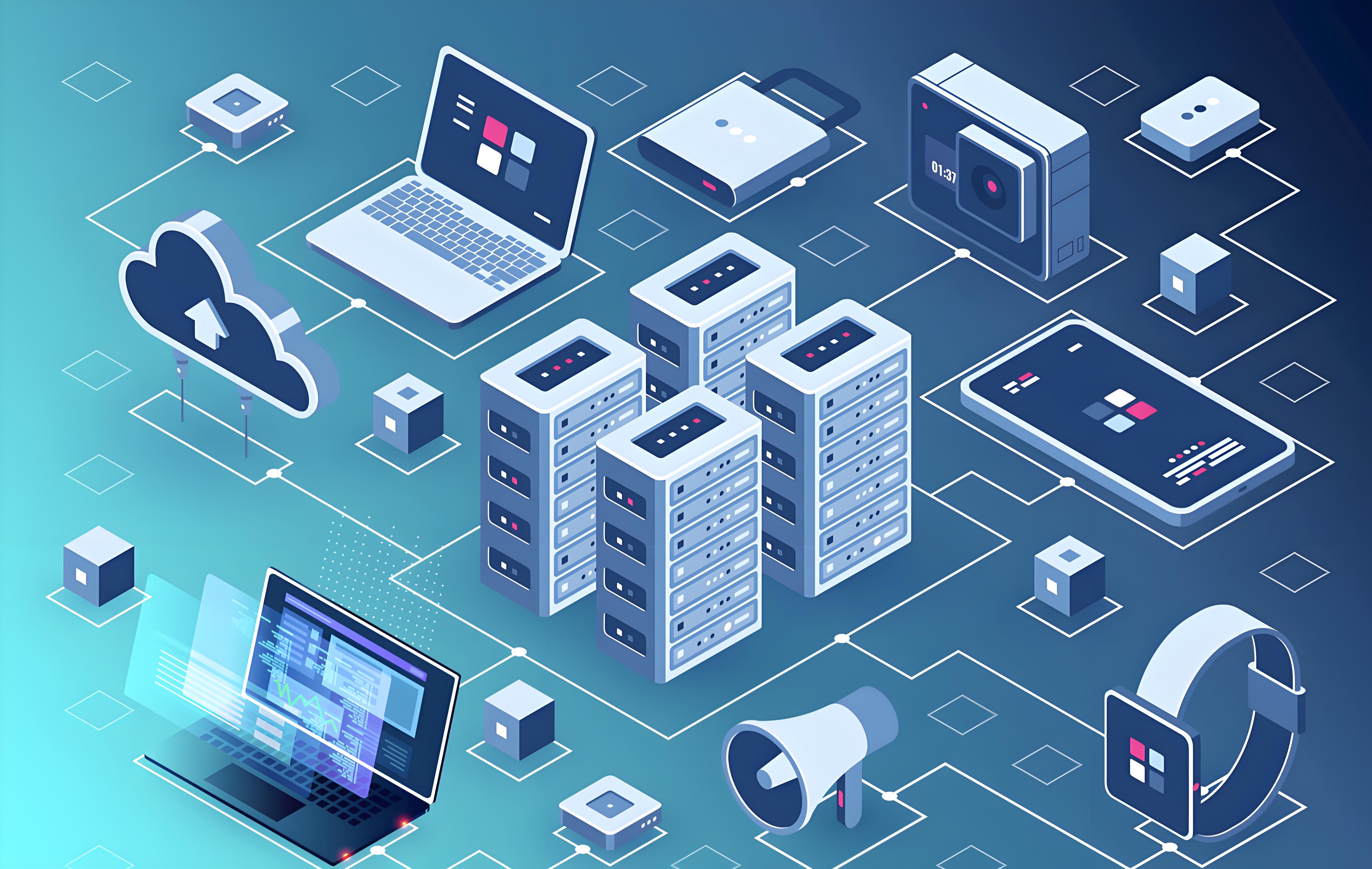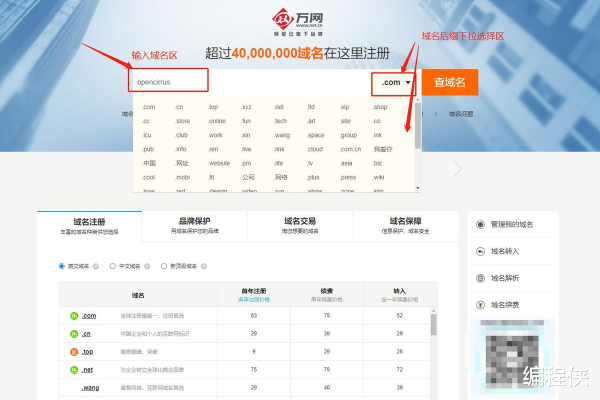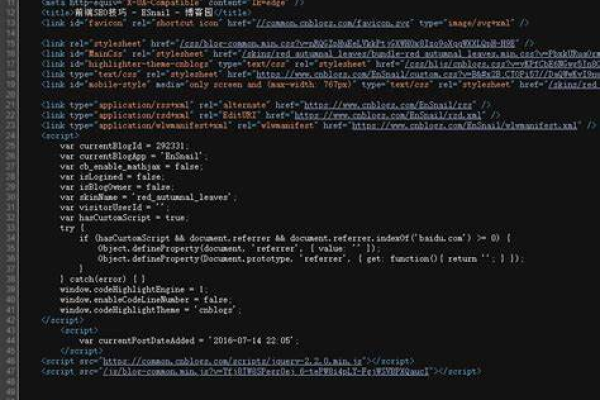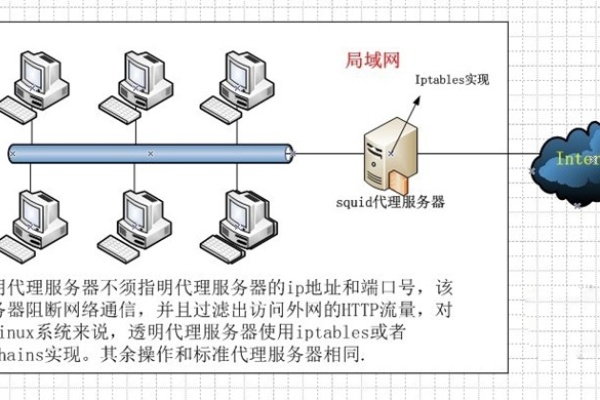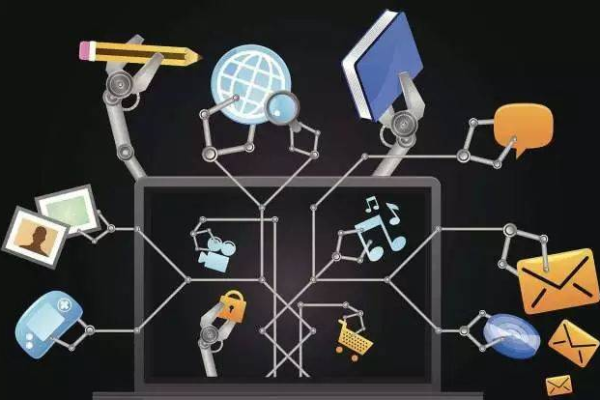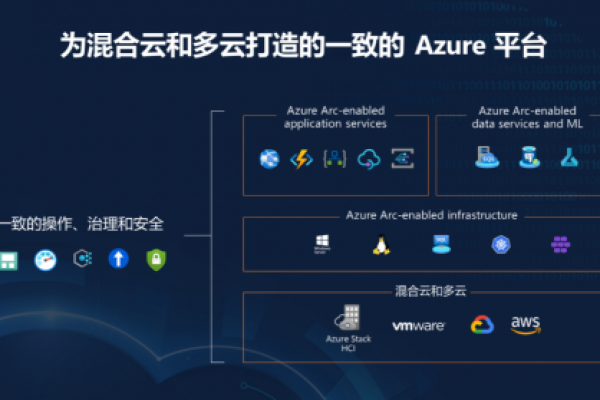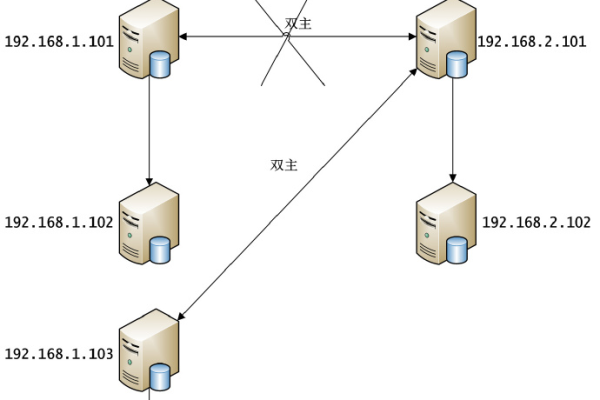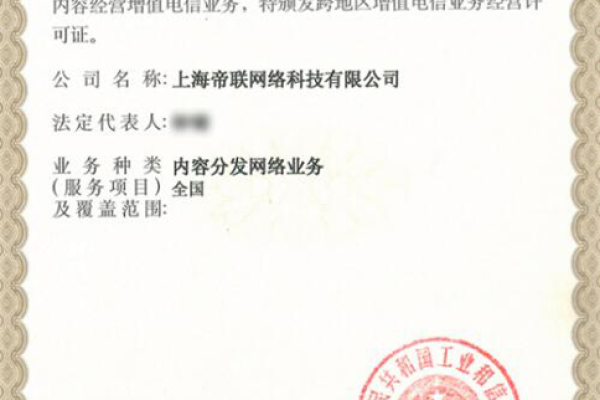What Factors Determine the Price of a Server?
- 行业动态
- 2024-08-08
- 3093
The price of a server is determined by several factors including its processing power (CPU), memory capacity (RAM), storage space, network capabilities, manufacturer, additional features such as redundancy and backup options, and whether it’s a dedicated or cloudbased server.
Factors Determining Server Prices
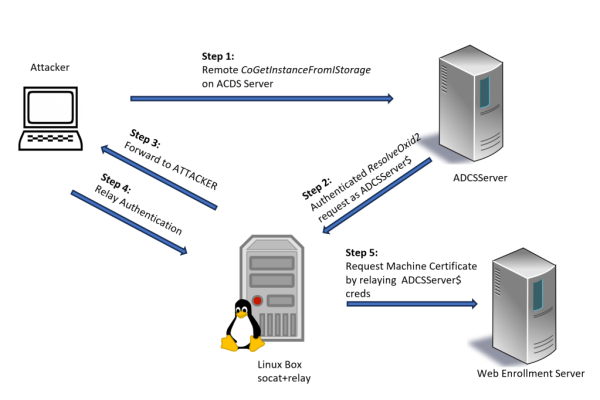
1. Hardware Specifications
The price of a server is significantly influenced by its hardware specifications, including the processor (CPU), memory (RAM), storage (HDD or SSD), and networking capabilities. Highperformance components generally lead to higher costs.
Processor: More cores and higher clock speeds increase processing power but also raise the price.
Memory: Larger memory capacity allows for more efficient data handling, which is reflected in the cost.
Storage: Faster and larger storage solutions, like SSDs over HDDs, are more expensive.
Networking: Advanced network cards and support for faster internet connections can add to the overall price.
2. Software and Licenses
Servers often require specific software to run applications or operating systems. The cost of these licenses can vary widely depending on the software’s complexity and the licensing terms.
Operating System: Proprietary OS like Windows Server generally cost more than opensource alternatives like Linux.
Application Software: Additional software needed for server functions can significantly increase the total cost.
3. Reliability and Redundancy
Features that enhance reliability and redundancy, such asRAID configurations for storage, dual power supplies, and ECC memory, typically increase the price.
RAID: Offers data redundancy and performance improvements but requires additional hard drives.
ECC Memory: Provides error correction, enhancing stability at an added cost.
Redundant Power Supplies: Ensures uninterrupted operation in case of a power supply failure.
4. Support and Warranty
Extended warranties and support packages can provide peace of mind at additional cost. These may include onsite support, extended hardware warranties, and technical assistance.
Warranty Length: Longer warranty periods offer more protection but at a higher price.
Support Services: Levels of support can range from basic to premium, with prices varying accordingly.
5. Brand and Market
The brand of the server and market demand can also influence pricing. Wellestablished brands often command higher prices due to their reputation for quality and reliability.
Brand Reputation: More reputable brands might charge a premium for perceived higher quality.
Market Demand: High demand for specific server types or configurations can drive up prices.
6. Customization and Bulk Purchasing
Customized servers or bulk orders can alter pricing based on specific requirements or discounts for volume purchases.
Customization: Tailoring servers to specific needs can increase the price.
Bulk Discounts: Buying multiple servers can result in lower perunit costs.
7. Delivery and Installation
Additional services such as delivery, installation, and setup can add to the total cost of acquiring a server.
Delivery Costs: Expedited or international shipping can increase prices.
Installation and Setup: Onsite installation and configuration can involve extra fees.
Related Questions and Answers
Q1: How does the choice between a dedicated server and a cloudbased server affect the cost?
A1: A dedicated server involves upfront hardware costs and ongoing maintenance fees, while a cloudbased server often operates on a subscription model, with costs depending on usage, storage, and processing power. Cloud servers can offer more flexibility and potentially lower costs for scalable needs, whereas dedicated servers might be more costeffective for stable, highdemand environments.
Q2: Is it more costeffective to upgrade an existing server or buy a new one?
A2: This depends on the current server’s condition, the required upgrades, and the cost of those upgrades versus a new server. If the existing server is fairly new and only needs minor upgrades, it could be more costeffective to upgrade. However, if major components like the CPU or motherboard need replacement, buying a new server with modern hardware might offer better performance and efficiency in the long run.
本站发布或转载的文章及图片均来自网络,其原创性以及文中表达的观点和判断不代表本站,有问题联系侵删!
本文链接:https://www.xixizhuji.com/fuzhu/213838.html



